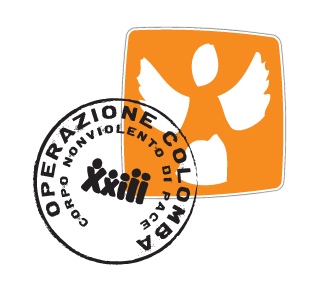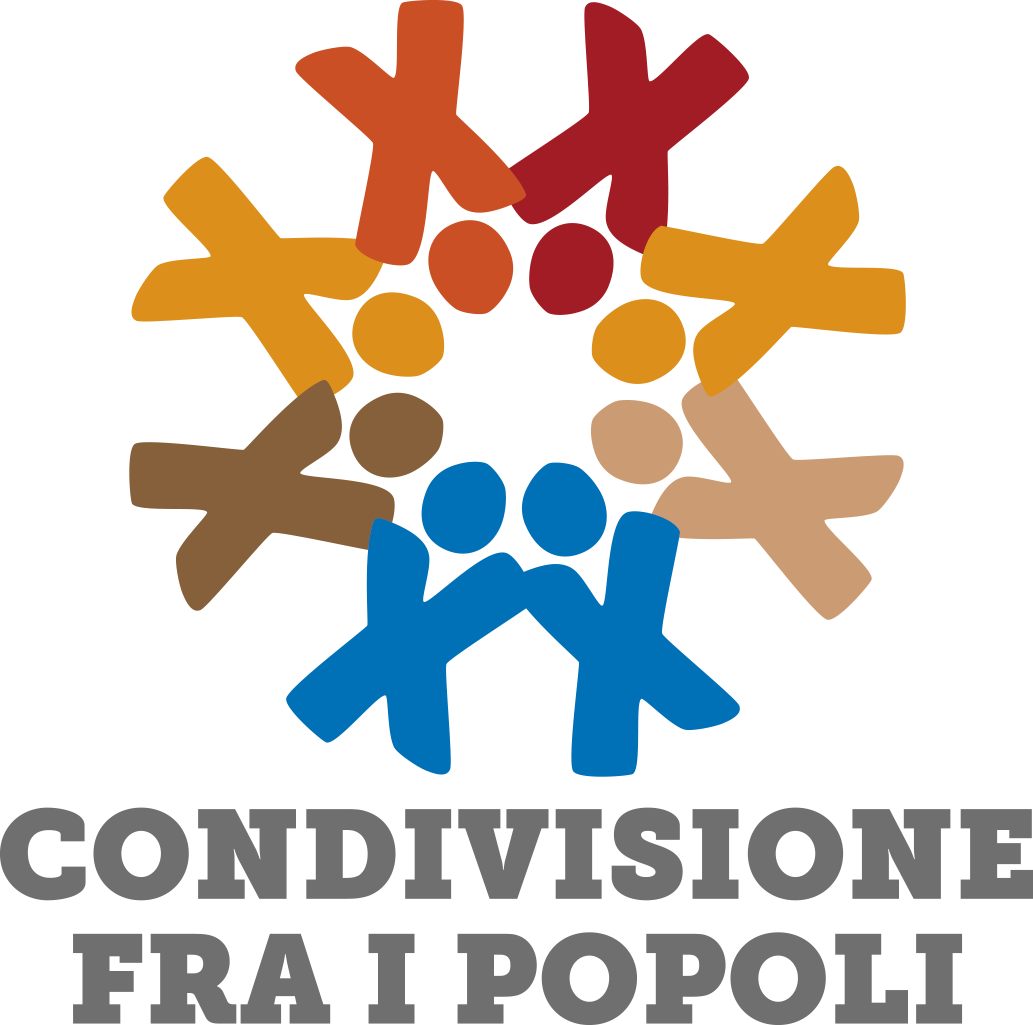“One should not go through such a pain just to have her kid admitted to the hospital” I thought, while sinking into the cold metal chair of the waiting room. Then, suddenly, a woman started coughing, each cough stronger than the previous one. It seems she could choke any moment: she was coughing and crying. I am not proud of this, but I must admit that, for a second, I got scared she might have something infective. I asked her and she minimized the issue, while keep coughing. She could hardly talk, but her gaze was kind.
I discovered that Maryam, I believe this was her name, was 25 years old and already mother of two children. She was from Syria and currently working in the house of a Lebanese woman. It was this woman who informed me about her situation, telling me that Maryam could die soon: 2.500 dollars was the price to cure her collapsed lung.
I was not there for her, and I did not know what to do. The only thing I could think of was to take the phone number of the Lebanese woman, send an email to the Health Department of the UNHCR and hope that they could find the money. In the meantime, the baby we accompanied to the hospital was not admitted so we went back to the refugee camp, swallowing once again the same bitter bite: the awareness that we could not help everybody, even if we were trying hard to bring a little bit of justice.
Today I should have been there again, in that refugee camp that has been my home for two years, but the COVID-19 emergency blocked me here, and now I am in my house in Italy, in quarantine, like everybody else.
I have never heard of Maryam again. I do not know which strange mental mechanism allows me not to remember exactly all the terrible stories I have seen and heard in these two years. And the story of Maryam was also hidden in some part of my brain, to permit me to keep on fighting and enjoy all those little moments of happiness that the tough life of the camp gave us. But now that the media keep talking about how the virus attacks primarily the lungs, it keeps coming back to me: what happened to her? Is she alive or dead? Dead at the age of 25 for 2.500 dollars?
I will probably never know it and I think that if this virus reaches the refugee camps, it will be a catastrophe. Lebanon is today under military curfew and we are not there. Some people say that this virus showed how we are all equals and vulnerable to the virus in the same way. It is not true that we are all equals, especially in those countries where healthcare is privatized: where the life of rich is sacred and the one of everybody else is disposable. In these days I stay at home, where they told me to stay, and I think about those who have never had a house or do not have it anymore. I think about Maryam, maybe dead as the other victims of the war in Syria, maybe victim of profit, maybe victim of our indifference.
It is not true that we are all equals. Injustice exists and is heavy like a mountain. Injustice creates difference and privileges. But it is true that we are all vulnerable, and I see this as a strength. We are all vulnerable in front of fear, in front of illness, in front of repression. Fear paralyzes us, blocks us.
And now it seems that the entire world stops.
We are used to run from one place to another: Lebanon, Middle East, Europe. We do it by plane, in an old collective taxi or by car, for hours and hours, pushed by the desperation of the people we live with.
Injustice does not stop. It keeps devouring lives, maybe now at an even faster pace. And for this reason, it is even harder to stay in our comfortable homes. We are vulnerable, indeed, and maybe it is good that the current situation is throwing it back in our faces.
All the Syrians I met wrote me to ask about me and my family, while they have lost everything in a war which has already made hundreds of thousands of casualties. We are not there with them now, but they know we did not stop and we will never do, because the love that arose from sharing our lives with them at the camp is stronger than everything.
We are all vulnerable, but we are used to think that nothing is unchangeable if you dedicate yourself to it. Even war is not. We know it because we experienced it, because when dark times were upon us, with new problems appearing every second, at the end a solution was always found. And it will happen again, even now that we do not see the light at the end of the tunnel.
We will be back.
P.



 OPERAZIONE COLOMBA
OPERAZIONE COLOMBA
